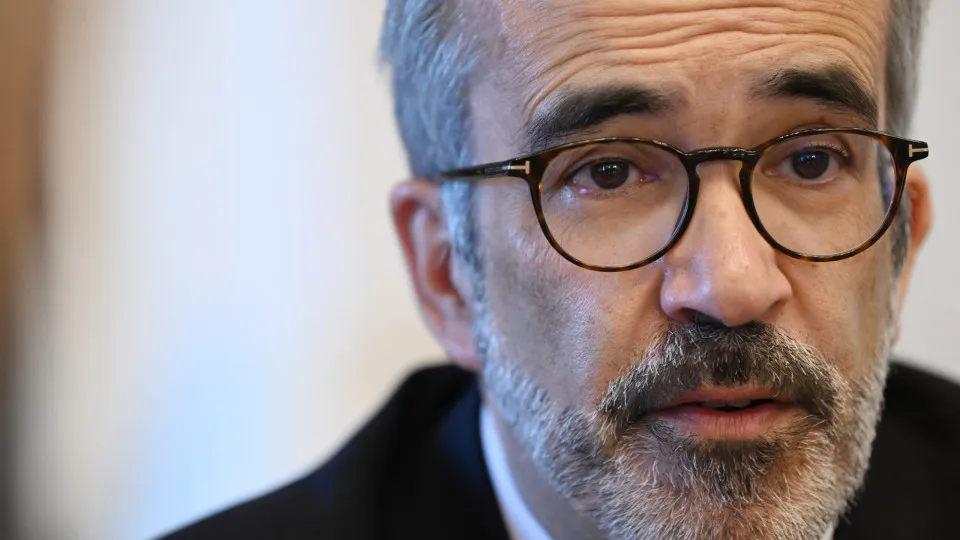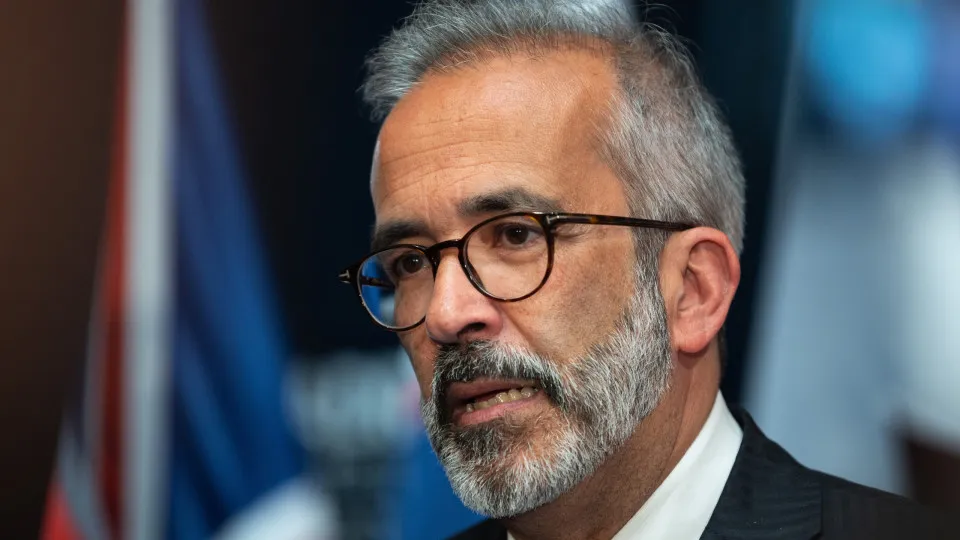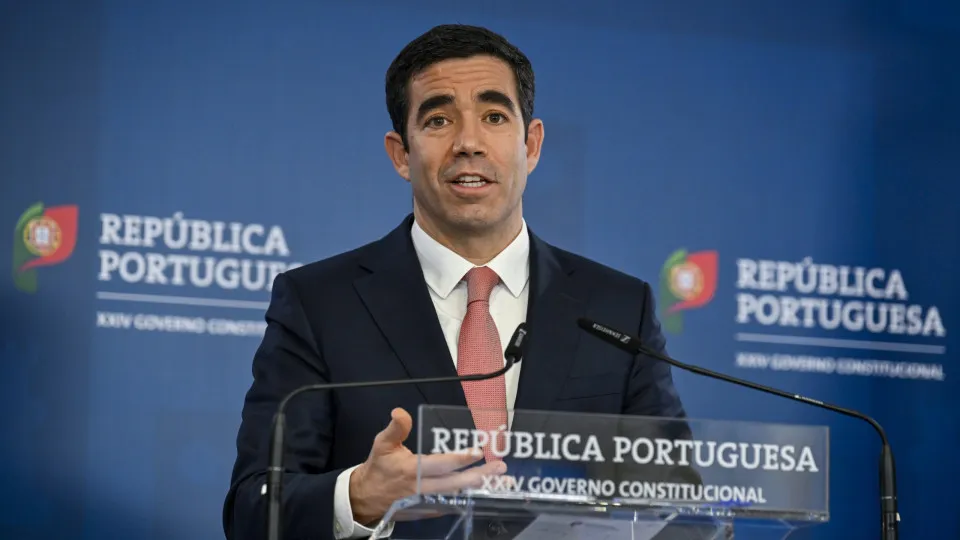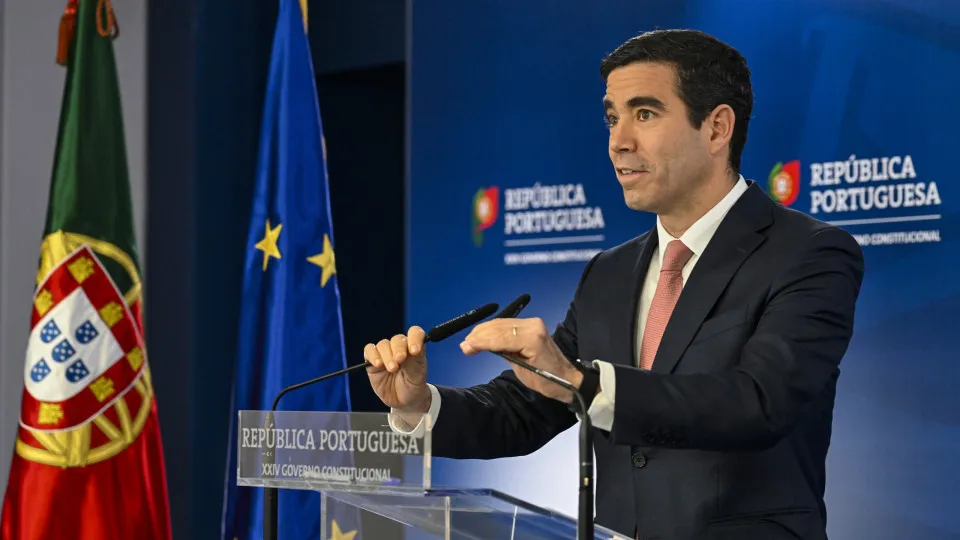
Paulo Rangel was speaking during a joint hearing on the State Budget for 2026 (OE2026) involving the parliamentary committees for Budget, Finance and Public Administration, Foreign Affairs, Portuguese Communities, and European Affairs. He responded to Deputy Paulo Núncio (CDS-PP) regarding the persecution of Christians in Nigeria.
“For many years, there has been a campaign against Christians in Nigeria, resulting in kidnappings, lynchings, and the destruction of churches,” said the deputy, questioning the Portuguese Government about their response to this issue.
Paulo Rangel expressed full alignment with the concerns of the CDS parliamentary group, praising the party’s record on this matter.
“It is a worrying situation. It is not new, but at this moment, Christians are the most persecuted religious group worldwide; one in seven is persecuted,” he stated.
According to the head of Portuguese diplomacy, this situation is mirrored in countries such as India, and also in Israel and Palestine, but it is “particularly concerning” in Nigeria.
Last week, U.S. President Donald Trump classified Nigeria as a “country of particular concern,” citing that the Christian community in the nation faces an “existential threat,” thereby opening the possibility for sanctions or a reduction in military aid and threatening military intervention.
Nigerian President Bola Tinubu rejected Trump’s stance, arguing that it does not reflect the country’s religious reality, expressing readiness to work with the United States to “deepen understanding and cooperation in the protection of all communities.”
Christian communities have been targeted in various attacks in Nigeria; however, experts point out that the majority of victims of armed groups in the country are Muslim, as most of the attacks occur in the predominantly Muslim northern region.




